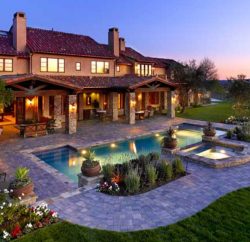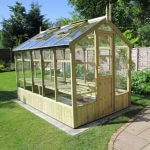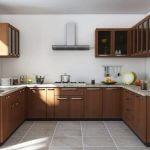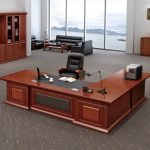In the past, the uses for modular buildings were somewhat limited. They were most often seen within schools or as part of an on-site office. However, technology has now allowed these highly versatile units to offer countless features to the end user. Not only are they cost-effective options when compared to static structures, but their very nature dictates that they are available in a wide range of designs and dimensions. There are many instances when a company or an individual will employ the use of a modular building hire service. Let us look at the advantages that these systems offer before summarising with a few tips to keep in mind during the selection process.
Why Hire Modular Buildings?
Time and money are two obvious concerns when referring to any project. Modular buildings are very efficient from a financial point of view. As opposed to being assembled on site, they are built within a factory or a warehouse. Thus, construction will not be hampered by issues such as the elements. This also signifies that the structure itself will be delivered in a timely fashion; an important concern for those who are hoping to meet a deadline.
Flexibility
By their very definition, modular structures are extremely flexible in terms of what the customer desires. They are normally fabricated to meet a variety of specifications although there are also instances when a one-off build may be possible. Needless space will never be wasted and the structures are equipped with all of the basic necessities that we have come to expect in the 21st century. However, the benefits do not end here.
The Modern Edge
Those who choose to hire modular buildings for a specific period of time will also be able to leverage modern technological innovations which are now included as standard options. Some of these may include (but might not necessarily be limited to):
- Double-glazed windows.
- Built-in ports to accommodate Internet connections.
- Extra levels of insulation.
- The use of lightweight materials such as fibreglass and uPVC.
- The ability to adapt to a variety of different climates.
We should also mention that quality control teams monitor the construction of these buildings along every step of the way. Therefore, the end result is durable and reliable.
What to Consider When Choosing a Modular Building
The first main step is to take into account the proposed dimensions. Will these be capable of addressing your requirements? It is also a good idea to examine the materials used to determine if they will stand up to changing conditions (particularly if the structure is intended to be utilised outdoors). A handful of other key takeaway points are:
- The cost of the unit.
- The type of warranty offered.
- The reputation of the provider.
Modular buildings can save you time, money and aggravation. Please keep these suggestions in mind so that you can make an informed choice during the buying process.































